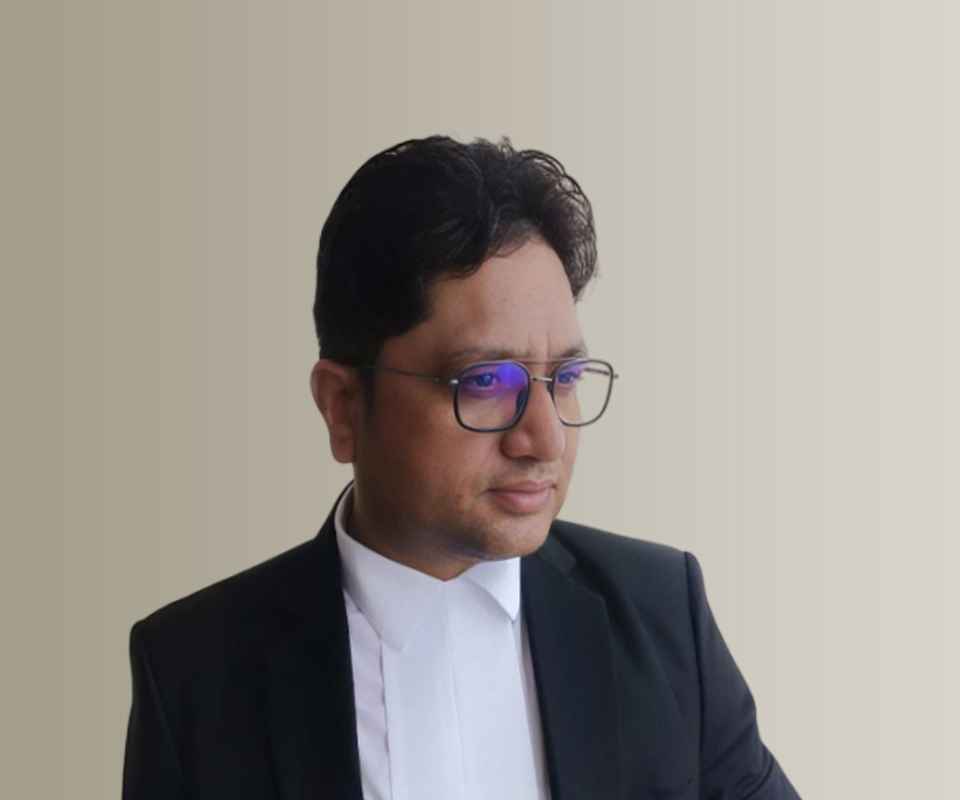Answer By law4u team
In India, probate is the legal process of proving and registering the validity of a will. This process is typically required when a person has passed away, and their will needs to be legally recognized in order to administer their estate. Probate is generally granted by the District Court in the jurisdiction where the deceased person lived. However, there is a time limit for filing for probate, which must be adhered to in order to avoid complications in the administration of the estate.
Time Limit for Filing for Probate in India
Under the Indian Succession Act, 1925, the time limit for filing for probate varies depending on the circumstances and the court's jurisdiction. Generally, the probate application must be filed within three years from the date of the testator’s death. However, the exact time frame can be influenced by several factors.
1. General Time Limit – 3 Years
The standard time limit for filing a probate petition is three years from the date of death of the testator (the person who made the will). This is under the provision of the Indian Succession Act, 1925 (Section 293). If a person dies and leaves behind a will, the legal heirs or executors are required to file for probate within three years of the death, to establish the validity of the will and proceed with the administration of the estate.
Example: If a person dies on 1st January 2023, the application for probate should be filed on or before 1st January 2026.
2. Factors That Affect the Time Limit
While the standard period is three years, there are various factors that can influence whether this time frame can be extended or if there are exceptions.
a. Complexity of the Estate
If the estate is complex or there are disputes among the legal heirs, it may take longer to gather all necessary documents and information for the probate petition. In such cases, the executors may seek an extension of time from the court.
b. Jurisdiction of the Court
Probate must be applied for in the court having jurisdiction over the place where the deceased person was residing. This is generally the district court in the area where the testator last lived. If the jurisdiction is in dispute, the process may be delayed until the issue is resolved.
c. Disputes Among Heirs or Family Members
If the will is contested or if there are disagreements among the legal heirs, it can delay the probate process. Legal battles regarding the authenticity of the will or the rightful heirs can result in a prolonged delay, but the three-year limit for filing the probate petition still generally applies.
d. Delay in Discovery of the Will
If the will is discovered after a considerable delay, the time limit may still apply. However, in some cases, a court may allow an extension if the will was not found until much later and there is a valid reason for the delay in filing.
Example: If a person finds the will of their deceased parent after one year of their death but was unaware of its existence, the heirs might still be able to file for probate, but they would need to present valid reasons for the delay.
3. Extension of Time
While the time limit to file for probate is generally three years, there is a provision for extension under certain circumstances. If the probate application is not filed within three years, the court may grant an extension if there is a valid reason, such as an inability to locate the original will or difficulty in determining the rightful heirs. However, this will depend on the facts of the case, and the court has discretion in such matters.
Example: If the executor of the will or the legal heirs were out of the country and could not return in time, they may request the court for an extension to file the probate petition.
4. Consequence of Not Filing for Probate within the Time Limit
If probate is not filed within the prescribed time limit of three years and no extension is granted, the legal heirs may lose their right to administer the estate. They may have to go through a more complicated legal process, and the estate could be administered without probate, which can lead to challenges and disputes over the distribution of assets. Additionally, if probate is not obtained in time, it may be more difficult to establish the validity of the will in court.
5. Probate for Wills Under Muslim Law
Under Muslim law, there is no mandatory requirement for probate. However, a succession certificate may be used for the distribution of assets. In cases where a Muslim will requires probate for clarity, the application for probate should also ideally be filed within three years, but Muslim personal law does not strictly mandate a time limit.
Example
Case 1:
Mr. Kapoor, a resident of Delhi, passed away on 1st January 2020, leaving behind a will. His family members were not aware of the will and only discovered it in June 2023. They wish to file for probate, but since the time limit has passed, they must present valid reasons for the delay in discovery. The court may allow the filing of the probate petition beyond the three-year time limit, based on the facts of the case.
Case 2:
Mrs. Patel dies in March 2019, and her son, who lives abroad, plans to file for probate. However, due to his professional commitments, he could not file within the prescribed time. Upon his return to India in 2023, he applies for an extension of time, citing his inability to attend to the matter earlier. The court may consider his application and grant him the extension if it is deemed reasonable.
Conclusion
The general time limit to file for probate in India is three years from the date of the testator's death. This period can be influenced by various factors such as the complexity of the estate, legal disputes, and discovery of the will. If the time limit expires, the court may grant an extension if there are valid reasons for the delay. It is essential for heirs or executors to act within this time frame to ensure the smooth administration of the estate and avoid legal complications.







